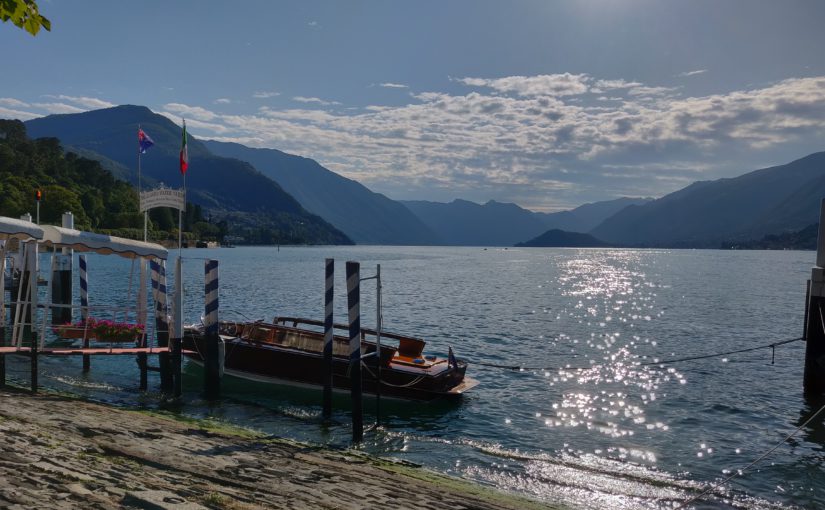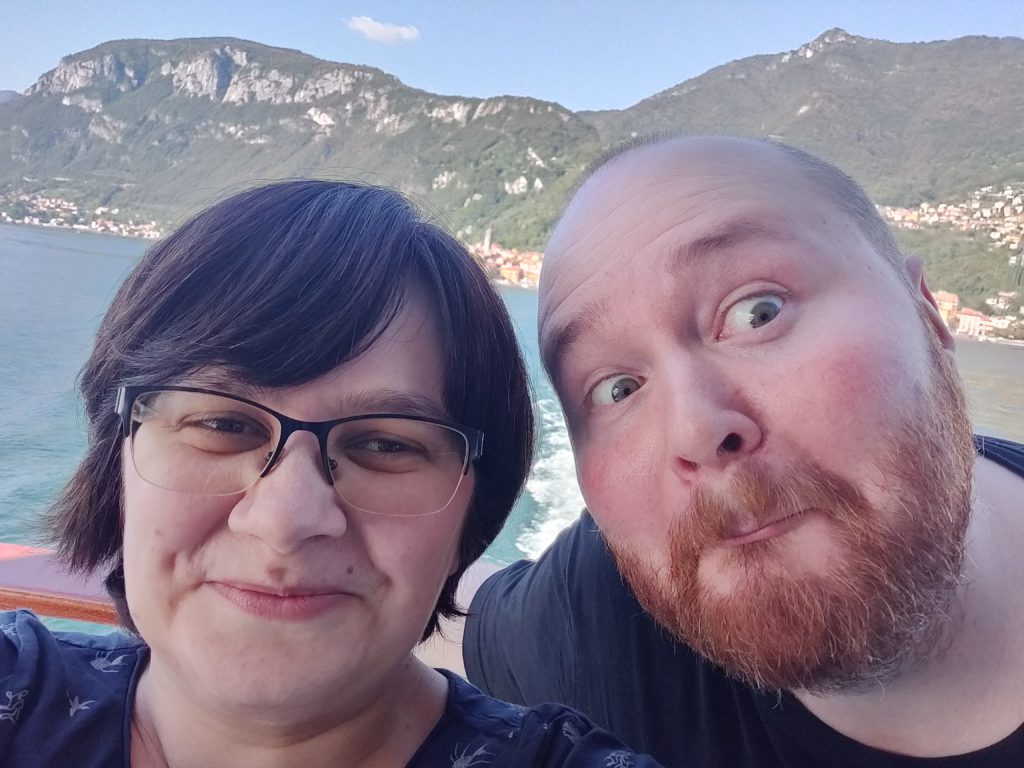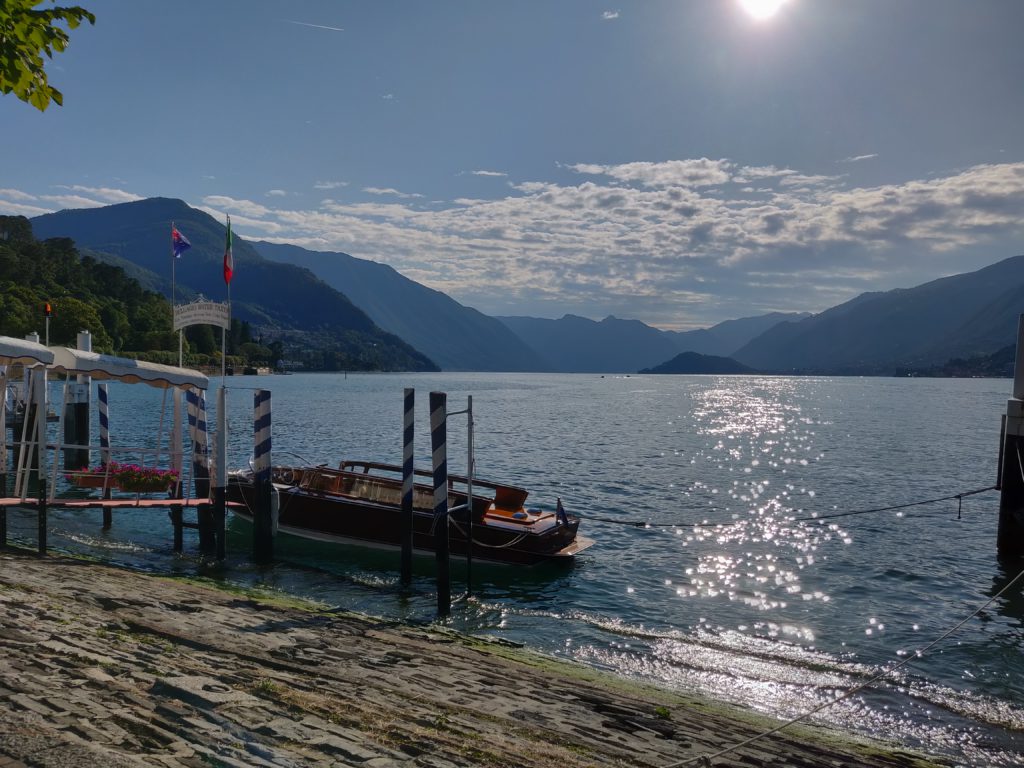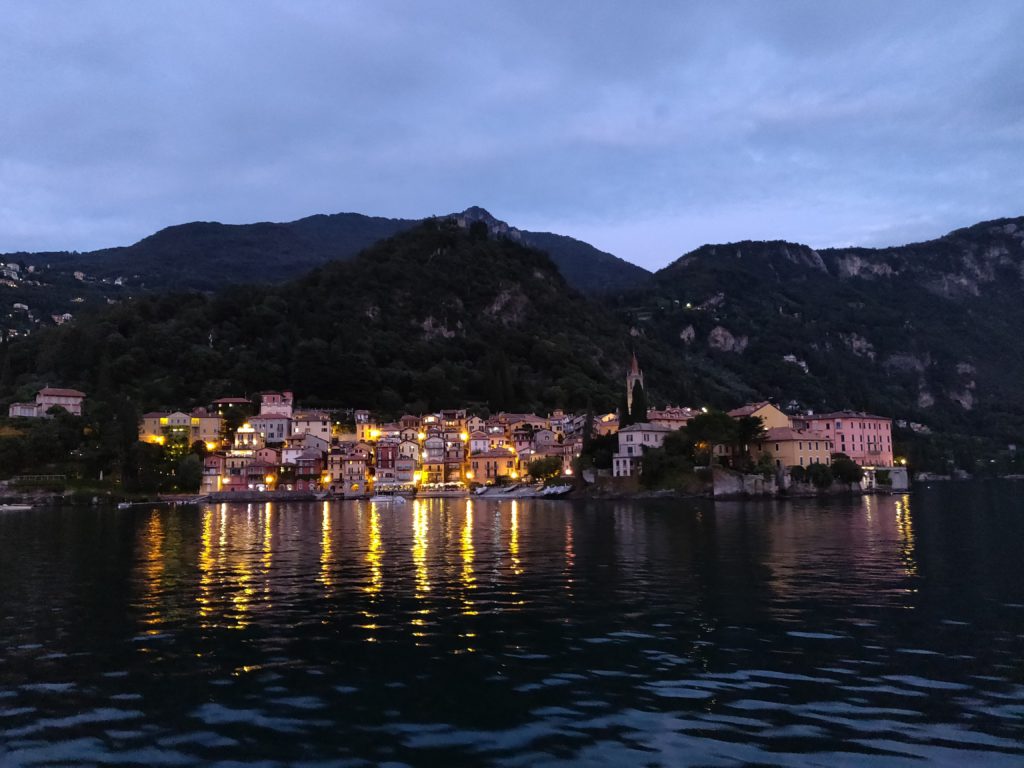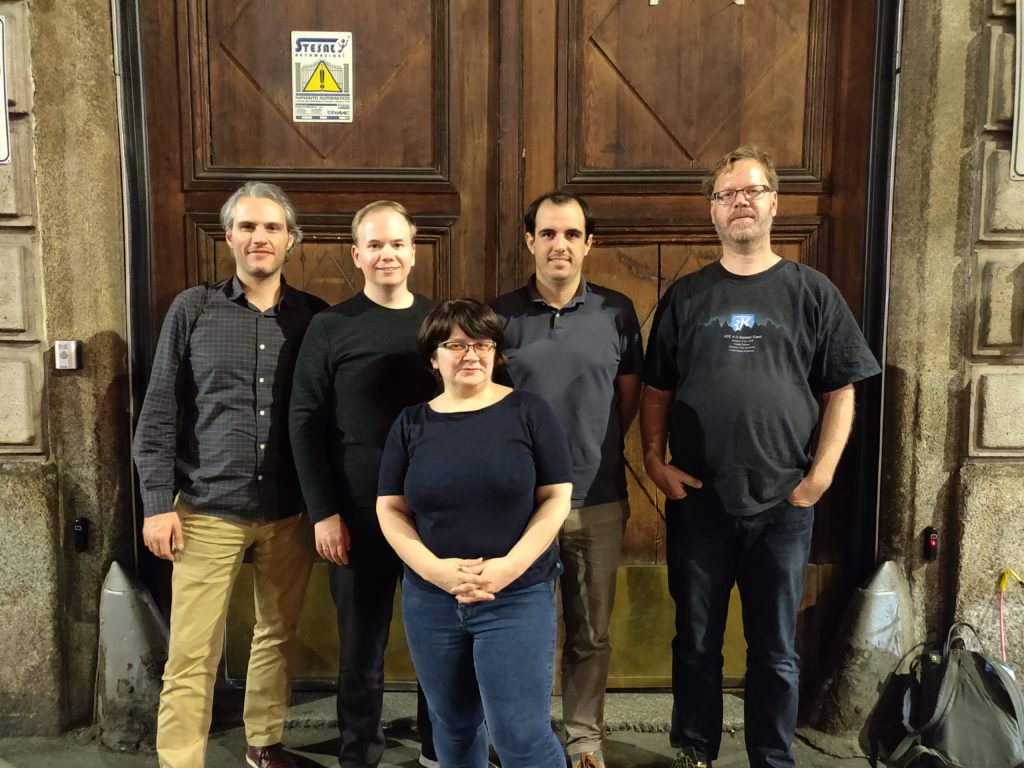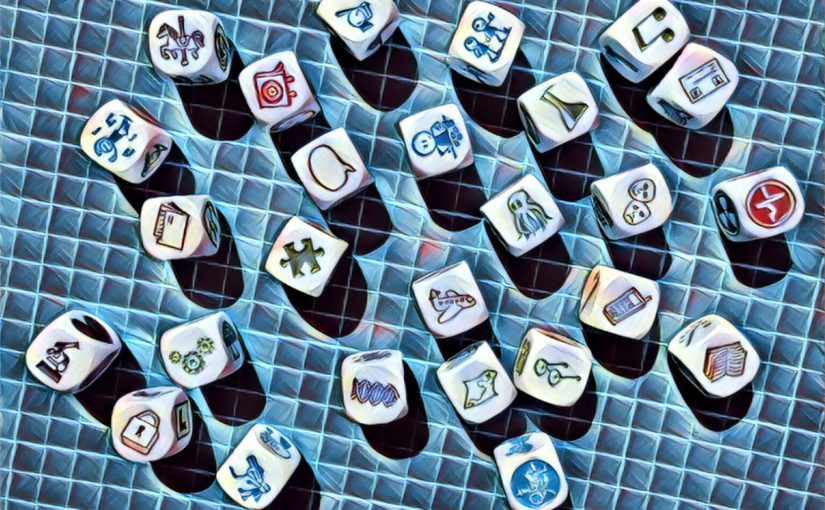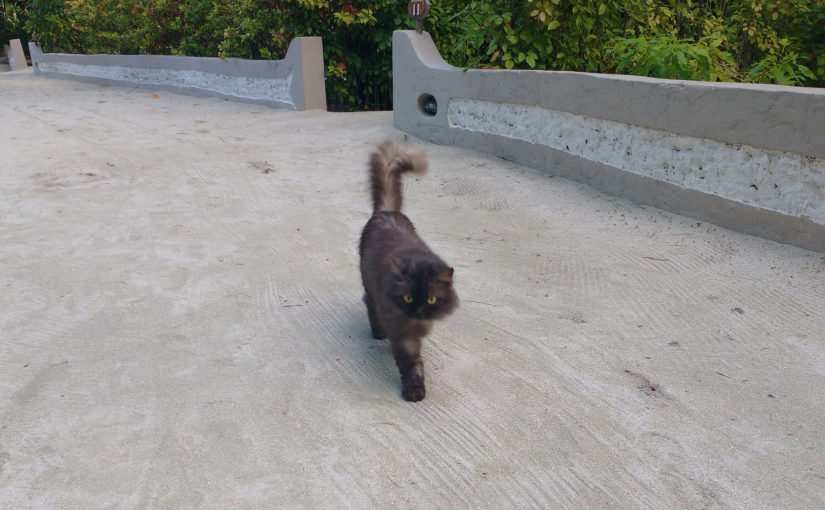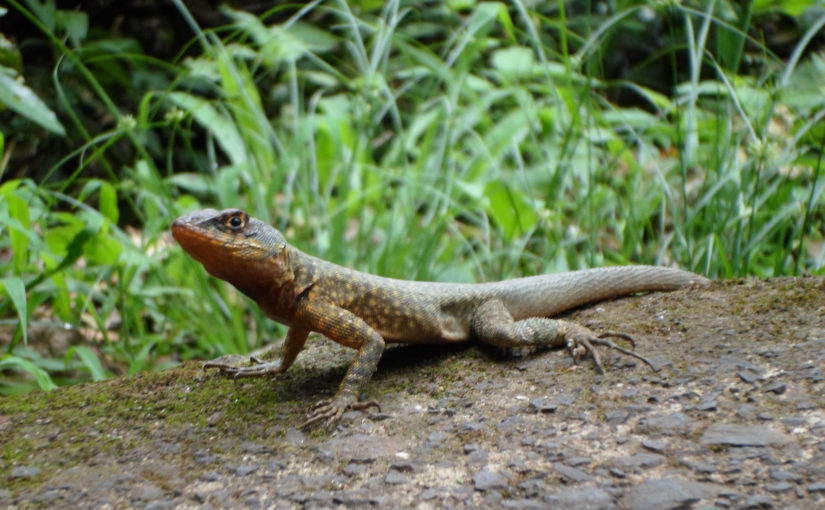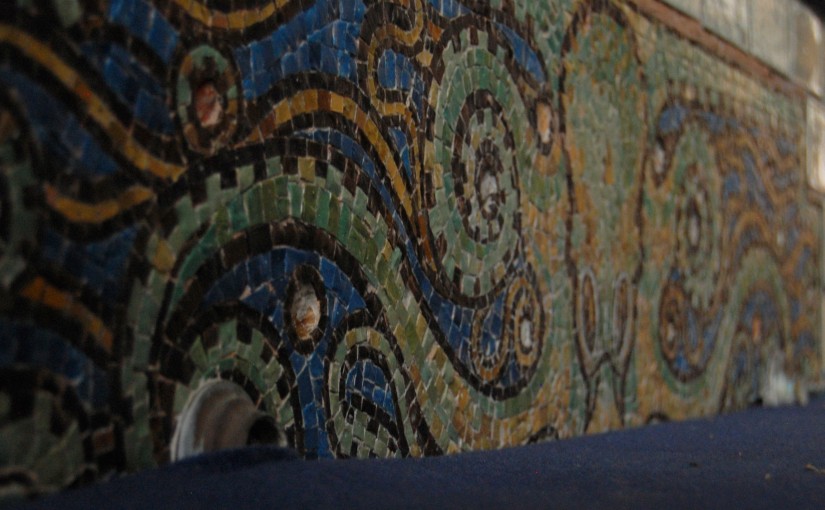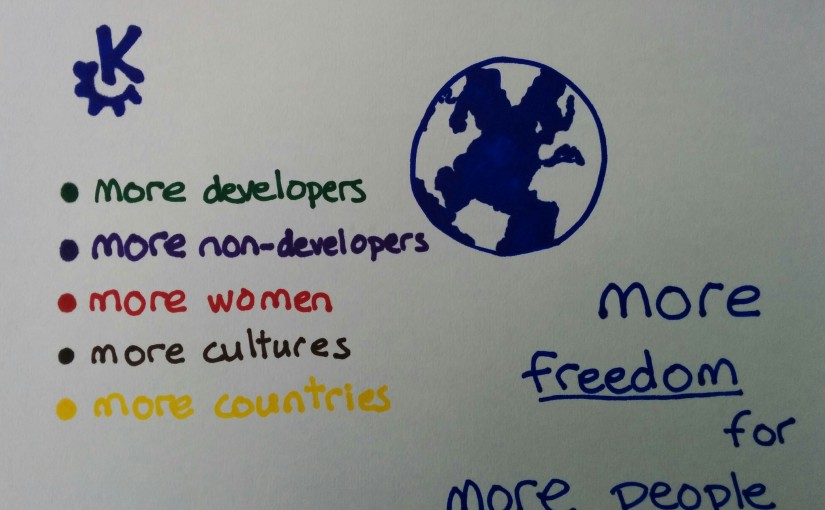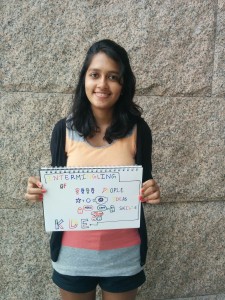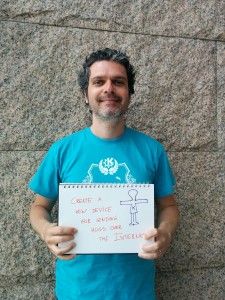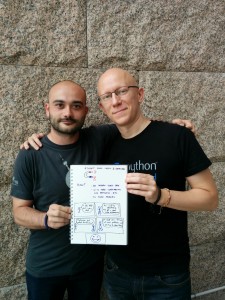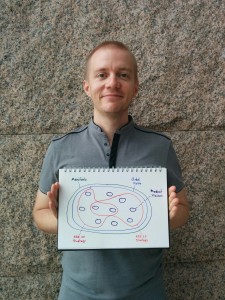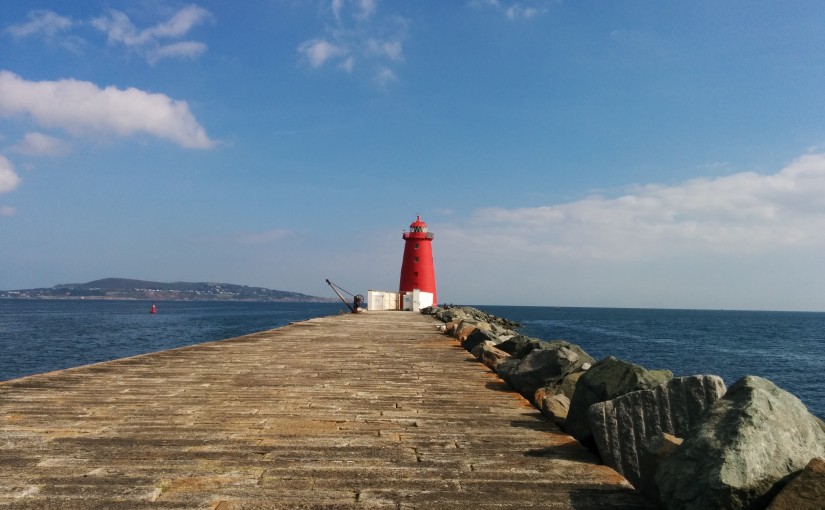Every 2 to 3 years KDE selects 3 goals that the whole community can focus on for the coming years. For the past 2 years we have focused on improving the accessibility of our applications, worked to make our software more sustainable and automated and improved a lot of processes to make developing software in KDE smoother. To learn more about these goals check out the KDE Goals page. We will wrap up these goals at Akademy in Würzburg later this year.
It is now time to figure out what the next goals should be. We are starting this today by opening the floor for proposals. This means you (yes you!) can campaign for something you and others want to work on over the next 2 years and rally the KDE community behind it. To give you some inspiration you can have a look at the complete list of goals we’ve had in previous years.
How does it work?
You (and a small group of others) can submit a proposal by opening a ticket on this Phabricator board. Copy the template into a new ticket and explain your idea. The template gives you a few hints to help you create a meaningful proposal. This process is open until July 5th. (On July 5th we will start the refinement stage, where others can further help you improve the proposal.)
Some things to keep in mind
- The process is explicitly open to proposals from people who are not yet KDE contributors.
- The process is explicitly open to everyone, not just developers.
- We expect the champions of the goal to be the champions, not the only ones working on the goal. At the same time they will need to put in significant work to rally people around their goal.
What is different compared to previous editions?
We are tweaking the process a bit this time. If you’re familiar with the process from previous years here are the most important changes:
- We are moving from an individual champion to a small team of champions. Each goal should have someone who can carry the vision of the goal forward, someone who can technically steer it and someone to promote it. Other setups are possible where it makes sense for the particular goal but a goal needs a small team. Don’t have a team yet? That’s ok. Submit a proposal and say what you need. We will try to help find others to join.
- We are focusing the champion role more on driving the goal forward through others and less by doing all the work themselves.
- We will work with the goal champions on fundraising for specific projects that support their goal.
What’s the timeline?
- Starting today until July 5th: Propose goals and find team
- July 5th to August 15th: Refine proposals together with the community (identify issues, remove blockers, sharpen the proposal, …)
- August 15th to 31st: Voting on the proposed goals by active KDE contributors
- September 6/7th: Selected goals are announced at Akademy
Still got questions?
If you still have questions you can ask them in various places:
- In the office hour on June 14th at 7PM Berlin time. You can find the time in your timezone here. The meeting will happen on BigBlueButton.
- The KDE Goals matrix channel.
- The KDE Community mailing list.
- Reaching out to me directly.

